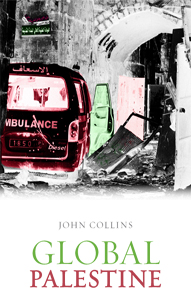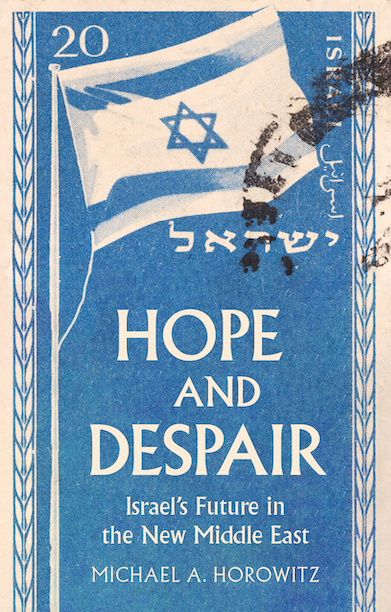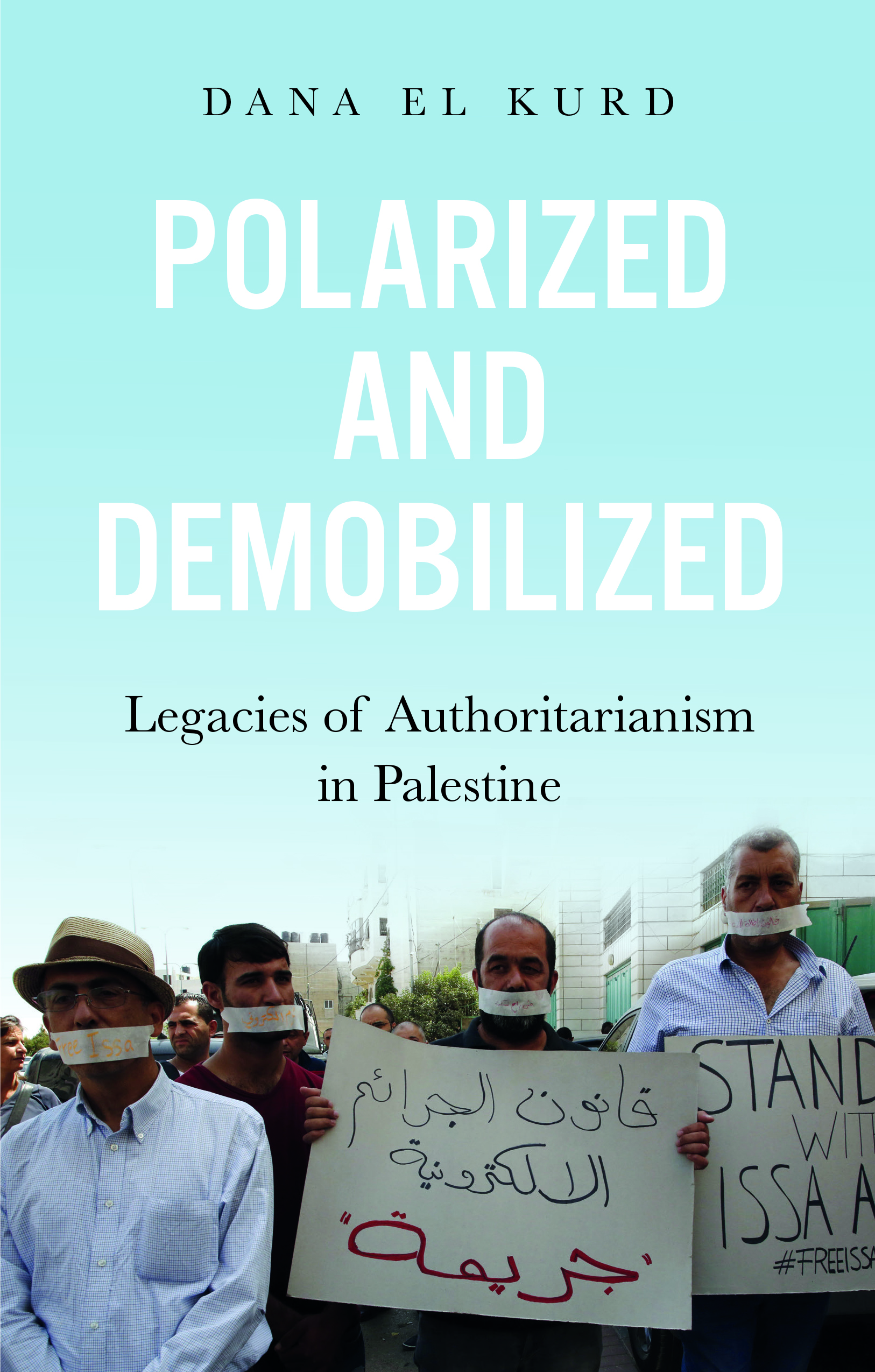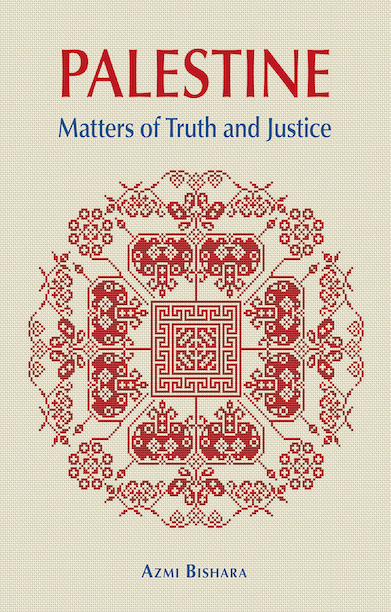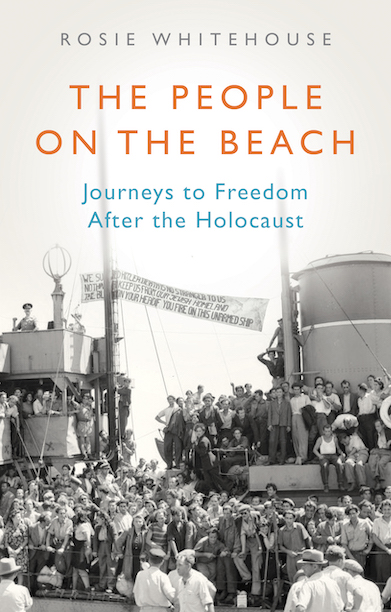Description
Global Palestine offers a unique perspective on one of the world’s most enduring political controversies by exploring a deceptively simple question: what does Palestine mean for the globe? The book begins from three overlapping premises. First, contemporary Palestine is the site of an ongoing project of settler colonisation. Second, as a growing movement of international solidarity indicates, Palestine’s global importance seems to be increasing in inverse proportion to the amount of territory actually controlled by Palestinians. Third, understanding why and how Palestine matters globally requires situating the ‘local’ struggle over Palestine in relation to a series of global processes that shape the conditions within which all of us live our lives, including the four processes that underpin this book: colonisation, securitisation, acceleration, and occupation. Far from simply being influenced by these processes, Palestine has served as a laboratory for many of them, pushing them forward in profound ways, and Collins’ analysis reveals clues to a series of emerging global conditions. Approaching Palestine in this way enables us to take a fresh look at the world’s politics of violence, resistance, and solidarity from the perspective of what Walter Benjamin called ‘the tradition of the oppressed.’
Reviews
‘Global Palestine is compellingly and clearly written. The fluidity is wonderful. … Theoretically sophisticated and very thoughtful’ – Dr Laleh Khalili, School of Oriental and African Studies, London
‘Global Palestine tackles an obvious but understudied question: why is Palestine so internationally significant? The answers provided herein blend sharp analysis of global politics, deep knowledge of local struggles and transnational solidarity movements, and clear understanding of the ways in which the Israeli state wield its power at home and abroad.’ — Lisa Hajjar, Associate Professor of Sociology, University of California, Santa Barbara
‘In offering a brilliant reading of the Palestine question, Global Palestine helps us to more fully understand both the operation of a necropolitical regime of surveillance, interdiction and control and a spirited and increasingly globalised resistance to it. Finding inspiration in the continuing Palestinian struggle for justice, this book is a fine example of intellectual precision and political commitment.’ — Saree Makdisi, Professor of English and Comparative Literature, UCLA, and author of Palestine Inside Out: An Everyday Occupation
Author(s)
John Collins is Associate Professor and Chair of Global Studies at St Lawrence University, New York. He is the author of Occupied By Memory: The Intifada Generation and The Palestinian State of Emergency (NYU Press, 2004) and co-editor, with Ross Glover, of Collateral Language: A User’s Guide to America’s New War (NYU Press, 2002). His articles and reviews have appeared in the Journal of Palestine Studies, Social Text, Globalizations, andMiddle East Report, among others. He holds a PhD in Comparative Studies in Discourse and Society from the University of Minnesota, where he was a MacArthur Scholar.
